There are a few new themes in my reading this half-year. First, I got back into reading in French (see Barbéry and Camus below, and Fatou Diome’s Le Ventre de l’Atlantique will feature in my December books blog as I am only one-third of the way through at present). I had new bookshelves to fill, and so books that have been exiled in my attic for many years (some since we moved here in 1987) have been brought down and places found for them on those shelves – I’ve rediscovered things I’d forgotten I owned, seized with delight on treasured books that I’d not seen for ages, and found books that I really don’t know if I ever read, as well as books that I now need to re-read. And thirdly, I went on a marvellous trip to Europe with my son, a three city, week-long holiday that started in Vienna, moved on to Prague, and then ended in Berlin. Being me, I did of course do quite a lot of preparation for this, not just in terms of the obvious travel arrangements and packing, but watching films set in those cities and reading books about them or set in them. Those books feature both in my fiction and non-fiction lists.
Otherwise, it’s a familiar mix, and the usual warning, that whilst I try to avoid spoilers, I make no absolute promises that there aren’t any. And note that I haven’t listed absolutely everything – the latest in a long-running series, for example, not because it’s not great, but because the only thing I could really say is that this is book no. x in series y. Books that I started and CBA’d to finish, or that I thought were just a bit rubbish I haven’t felt obliged to include; there are books here that didn’t work for me, but I’ve only listed them if there’s more to say than ‘this was a bit rubbish’, usually because I wanted to like the book more than I did, and so wanted to understand why I hadn’t cared for it. But generally, this blog is about sharing my enthusiasms, sharing what’s delighted, informed and inspired me, rather than my disappointments.
As always it’s difficult to pick out favourites from such an eclectic bunch. I think I’d choose, from the fiction list, Sarah Gainham’s Night Falls on the City, Simon Mawer’s Prague Spring and Francis Spufford’s Cahokia Jazz, and from non-fiction, Isabel Wilkerson’s Caste.
FICTION
Muriel Barbéry – L’élégance du hérisson
This marks my resolve to get back into reading in French (see also Camus below). I never really stopped, between reaching the point in my comprehension that reading a novel was feasible (around A level), and diving into Zola and Mauriac and de Beauvoir, and my PhD focusing on Michel Butor. But since finishing the PhD I hadn’t read a word, and this, a gift from my brother-in-law, was a good way to re-start. It was slow progress at first, which can mean you lose the impetus of the plot, but I gradually got more comfortable. The novel was entertaining and at times moving, and whilst my internal jury is out about the ending, I’m very glad I read it.
Heinrich Böll – The End of the Mission
This is one of the books that came down from the attic, where it had been in storage probably since we moved in here, in 1987… Böll’s The Lost Honour of Katharina Blum is always going to be in any list of books that have had a significant impact on me. This one didn’t live up to that but was darkly funny and acerbic and I will read more Böll (I think I read Group Portrait with Lady way back when and liked that very much but there’s another one on my bookshelf which I will turn to soon).
Octavia Butler – Patternmaster
I read a lot of sci-fi in my late teens/twenties, because my boyfriend/fiancé/husband (that’s all the same bloke, just to be clear) was really into it. Some I loved; some left me cold. In later years I’ve read much less, but in bringing boxes of books down from the attic I found, not Kindred, which was the Butler novel I remembered, but this one, and I’m still not sure if I did read it, all those years ago. No matter, it feels fresh to me, and she has the gift – so essential to writers in this genre – of acquainting the reader with the specifics of that world and those peoples efficiently and swiftly, with the minimum of exposition, so that within the first couple of pages, one is gripped.
Albert Camus – Le premier homme
Camus’s last, unfinished book, the manuscript of which was found near the site of his fatal car accident and edited and published by his daughter. It’s highly autobiographical in its rich and vivid depiction of a childhood in poverty in Algeria, a deaf and illiterate mother and a father killed in the First World War, whom he never knew.
Jane Casey – A Stranger in the Family/The Outsider
Two new ones from one of my favourite contemporary crime writers. The first is the latest in her excellent Maeve Kerrigan series, the second a stand-alone (at least so far) which connects to the Kerrigan novels. Both are, as always with Casey, tightly plotted, with great characterisation and very well-written. I’m now in a state of some anxiety waiting for the next Kerrigan, due to a very disturbing epilogue….
Aidan Chambers – Postcards from No-Man’s Land
A young adult novel, with two timelines, one contemporary, one set in the Netherlands during the Second World War. I didn’t quite believe in the contemporary protagonist, unfortunately, and it left me quite cold, to my surprise.
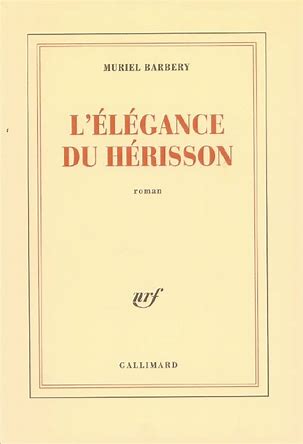
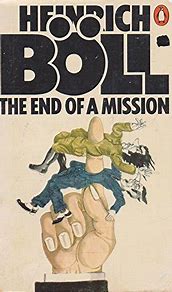
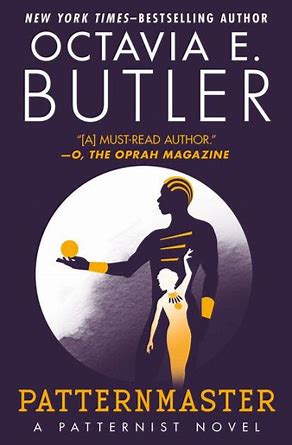
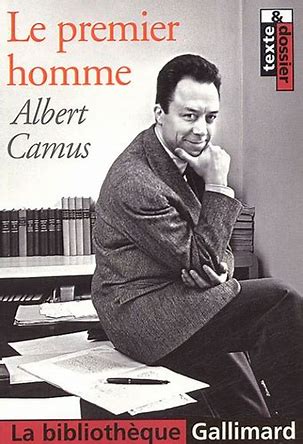
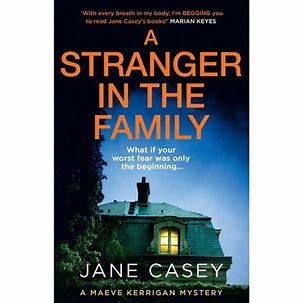
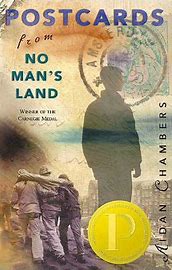
Louise Doughty – A Bird in Winter
Doughty writes a damn fine thriller, and there’s always depth and complexity as well as twists and turns and suspense. The opening sequence is riveting, and one remains riveted to the final page. (P.S., anyone who only knows Doughty through Apple Tree Yard, do read Fires in the Dark, her novel about the Roma holocaust – superb and unforgettable).
Cyprian Ekwensi – The People of the City
A Nigerian novel, published in 1954, before Nigeria gained independence – one of the first African novels to be published internationally. Ekwensi had previously published work based on folk tales, but this is very much a contemporary, urban narrative, the story of a young man, a crime reporter/bandleader in a city that isn’t named but seems to be Lagos. It’s quite episodic, betraying its origins in a series of short stories aimed at West Africans living in England (where Ekwensi wrote the book) , and is a vivid and engaging read.
Sarah Gainham – Night Falls on the City/A Place in the Country/Private Worlds
The first in this excellent trilogy is set in Vienna, so I read it before and during my time there. It begins just before the Anschluss and takes its protagonists’ story through to the liberation of the city by the Red Army. The second volume shifts the focus and the location to British military personnel near the border with Hungary, but in the third we’re back in Vienna. I found the final volume a bit too talky and wasn’t entirely convinced by the portrayal of the relationship between the two central characters (mind you, at one point I thought, oh, this is all getting a bit D H Lawrence, but then one of the characters said the same thing!).
Joanne Harris – Jigs and Reels/Coastliners
The first of these is a collection of short stories and I didn’t get on with them at all. I tried several (at random, following some advice I read somewhere about how to tackle short story collections) and then gave up. Coastliners is very different to the other Harris novels I’ve read (Gentlemen and Players/A Different Class) and is a slow burner but it got under my skin, and I very much enjoyed it.
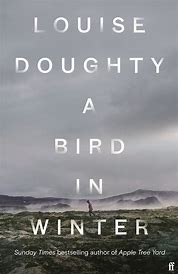
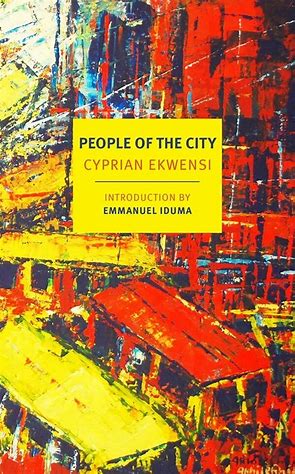
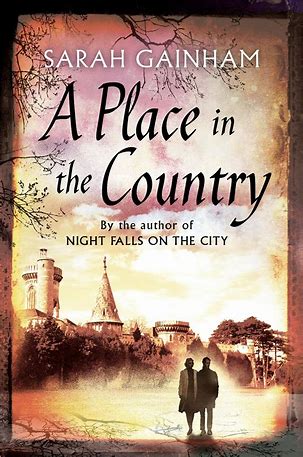
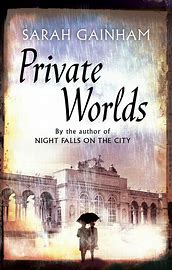
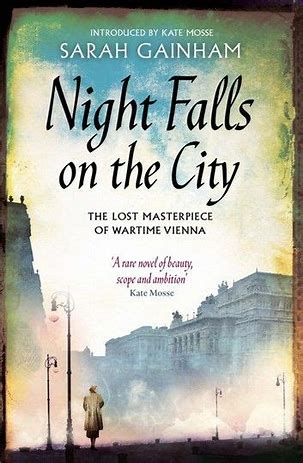
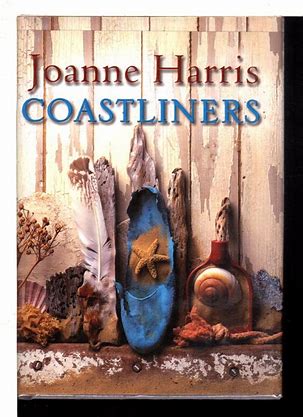
Bessie Head – When Rainclouds Gather/Maru
When Rainclouds Gather is Bessie Head’s debut novel, written in exile in Botswana, where she had fled from apartheid South Africa, and published in 1968. It’s a great read, illuminating many aspects of contemporary society and politics, and offering a strong environmental message, rather ahead of its time. It’s also ahead of its time in the portrayal of the male characters, who are complex and sensitive in ways that go against the more macho stereotypes, as Helen Oyeyemi says in her introduction. Maru was Head’s second novel, published three years later, and focusing on caste, through the character of Margaret, a member of the San (pejoratively, Bushmen) people. I read Head’s later A Question of Power many years ago and will re-read in light of these two.
Mick Herron – Slough House/Bad Actors
Up to date with the books now, which means I’m eager for the next one, and for the next TV series. I started Bad Actors desperately wanting to know what had happened to one of the regulars, and Herron rather sadistically kept me dangling till the last page. The swine.
Patricia Highsmith – The Talented Mr Ripley/Ripley Underground/Ripley’s Game
I’d read the first of these, many years ago, and thought I’d read the others, but they seem quite unfamiliar. There is a degree of repetition in the plots, and it’s all very entertaining and well-written, but I’m not sure that I’m going to go on to Volumes 4 and 5 – I think I’ve spent enough time with Mr Ripley, for now at least. I watched the new adaptation of the first novel, with Andrew Scott and loved it (see my review in the screen equivalent of this blog).
Daisy Hildyard – Hunters in the Snow
The influence of W G Sebald is strong here, but this debut novel doesn’t entirely work for me. Its starting point is a young woman sorting through the papers left behind by her eccentric grandfather, which comprise his idiosyncratic history of England. This turns out to be the stories of four men: Edward IV, Peter the Great, Olauda Equiano and Lord Kitchener, and in each case the accounts are heavily weighted towards anecdote, and the sifting through anecdote for truth or deception. In between, the young woman remembers her childhood on the grandfather’s farm, and this too is of course exploring our relationship with the past. I liked a lot of things about it, but the different strands didn’t seem to come together in a satisfying way – it’s good, good enough to give it a re-read to see if I can get what Hildyard is trying to do.
Christopher Isherwood – Goodbye to Berlin
Read in preparation for our visit to Berlin. Not quite either a novel or a short story collection, these six narratives follow the same characters and are ordered chronologically, but with jumps in time that make these sections seem more free-standing. What is noticeable is how the Nazis go from being background noise in the first to being a clear and present threat by the end. The characters aren’t in general very sympathetically presented (even the one who’s called Christopher Isherwood), but they’re vividly drawn, as is the city.
Vaseem Khan – Midnight at Malabar House
A new (to me) historical crime writer – this series is set in India in the years after Independence and the protagonist is a nicely quirky character, also distinguished by being the first female copper in the newly independent police force.
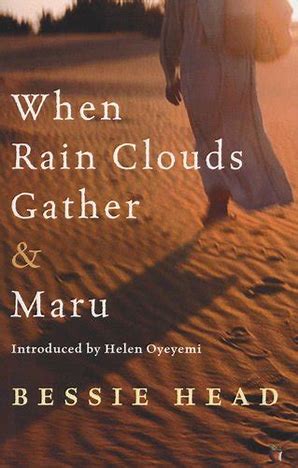
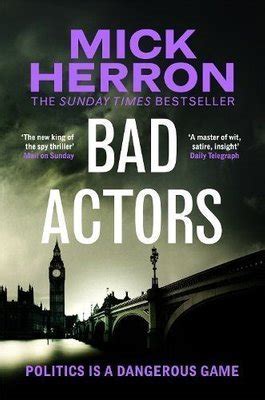
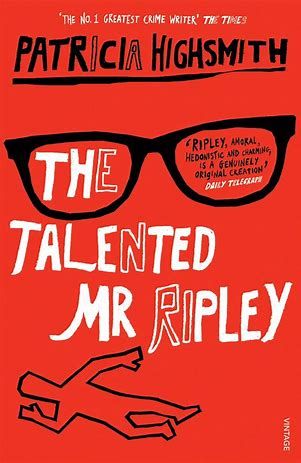
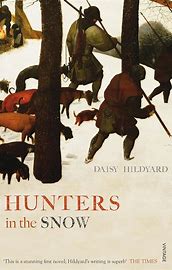
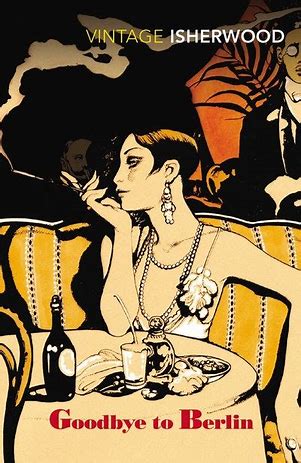
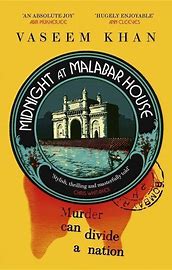
Stephen King – You Like it Darker
It’s obviously not a coincidence that the title of this collection of short stories echoes that of Leonard Cohen’s final album, You Want it Darker. I knew it wasn’t, even before I read the acknowledgement in King’s Afterword, because he’s a man who knows his music. And in this collection of stories, perhaps more than ever, King’s protagonists are older, intensely aware of their own mortality, of the frailty of their bodies, of the accumulation of losses, of regret and shame for past mistakes. He’s always explored darkness, but there’s a particular note that he strikes here, again and again. He can still work that trick on my mind that he has done so often over the years, of making me read on in the hope that if I get to the end of the story that uneasy sensation in my gut would ease, only to find that the last words in the story are ‘God help me!’ and I’m not free after all, debating whether to leave the light on. I know that it isn’t real, and I know that there’s no way I will hear that particular sound in the house and I know that I’m listening for it…. The stories vary considerably in length, and one or two are slight in content as well as short on pages, but the best are King at full strength (full darkness). ‘Rattlesnakes’ in particular will stay with me for a long time, I fear (given my snake phobia, born from living in West Africa where we had to learn to be afraid of them).
John le Carré – The Spy who came in from the Cold
A re-read, whilst in Berlin, of one of the first le Carrés that I read in my teens. As brilliant as I remembered it, and as bleak.
Simon Mawer – Prague Spring/The Glass Room
More travel-related reading. The first is set, as the title suggests, at the time of the Prague uprising and its violent repression, the second spans a much longer period, beginning between the wars, and taking the story through to, again, the Prague spring. Both are fascinating and compelling, beautifully written and moving.
Simon Mawer – The Girl who fell from the Sky/Tightrope
This is a more conventional thriller from Mawer, about one of the SOE agents parachuted into Occupied France. It’s territory I know well, having been obsessed with the stories of the female agents since watching Odette and Carve Her Name with Pride in my teens, and having read Sarah Helms’ biography of Vera Atkins and Leo Marks’ memoir, Between Silk and Cyanide (both Atkins and Marks make appearances here, along with a mix of real and fictional characters). The quality of Mawer’s writing makes this stand out – and the thriller really does thrill (there is a sequel about which I can say nothing without spoilers, so I’ll say only that it’s just as tense and gripping as the first).
Saima Mir – The Khan
We’re in Godfather territory here, transposed to a northern industrial city (I’m thinking Bradford but it’s not specified) with a significant South Asian population. It’s about family, loyalty and morality, as the titular Khan faces questions of succession and of a changing city. The narrative immerses the reader in Pakhtun culture, which in itself is fascinating.
Sarah Moliner – The Whispering City
Spanish crime thriller set in Barcelona during the Franco era. The context is absolutely part of the narrative, not just a backdrop, and Moliner creates the atmosphere of fear and mistrust very effectively.
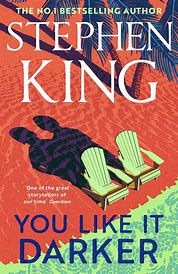
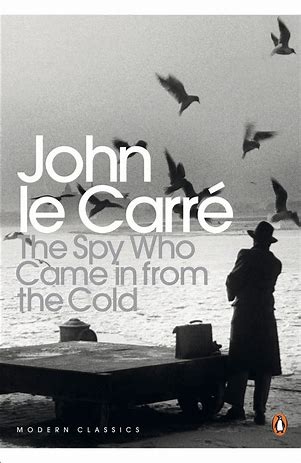
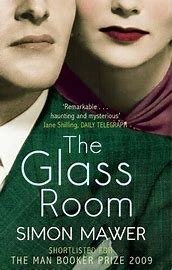
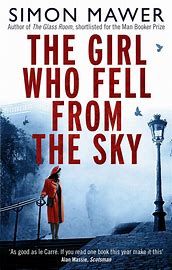
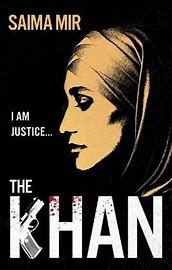
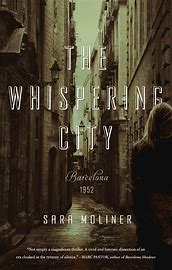
Abir Mukherjee – Smoke and Ashes
Another in the Wyndham/Banerjee series, set in 1921. What Mukherjee does by telling the story through the voice of the British officer, not his Indian sergeant, is brilliant – he doesn’t make Wyndham anachronistically enlightened, but as something of a maverick, able to contemplate other points of view than the received Raj wisdom. Nonetheless, some of his remarks about India and Indians make me wince, and his relationship with Banerjee, whilst respectful to a degree, is rooted in that view of the world. It’s nimbly done, and the plot is complex and interesting, not only in terms of the crime but of the politics of the time.
Alice Munro – The Beggar Maid: Stories of Flo and Rose
This was one of the books that came down from a long sojourn in the attic, and news of Munro’s death prompted me to re-read it. It’s a joy to read (whether this is a collection of linked short stories or a novel, who cares?), so clear and subtle, often funny and sad at the same time. I realised reading this again after many years that she must have been a huge influence on Elizabeth Strout, who I also love, both in terms of the form and the style. Both Flo and Rose are beautifully drawn – it’s interesting to re-read now and find that Flo’s story and that of the older Rose are as compelling to me now as the younger Rose’s were when I first met her.
C P Snow – The Search
Snow was probably my father’s favourite writer of fiction. He read a fair bit of fiction as a younger man, but then rediscovered its joys in later life, when his sight failed and he turned to audio books (Dickens, Trollope, le Carré, Harper Lee and others – he was entranced by The Book Thief). Sadly, Snow’s work is so out of favour that it’s hard to find affordable real books, and no audiobooks at all. Dad related to Snow’s interest in science and politics, and this one, which precedes the Strangers & Brothers series, is about academic scientific research and University politics. I would have probably found it a great deal less interesting had I not worked in higher education management for so many years, and in a Physics department until shortly before my retirement, but as it is, it resonated strongly with me.
Francis Spufford – Golden Hill/Cahokia Jazz
I discovered Spufford through Light Perpetual, a stunning novel about an alternative world in which five children didn’t die in the V2 bombing of Woolies in 1944…. Golden Hill is quite different – a rambunctious Fielding-esque tale of a young man on a mission or on the make in America, with a much darker undercurrent that becomes clear only quite late in the narrative. Beautifully done. And Cahokia Jazz is an alt-history crime novel, about which I will say little more, except to recommend it very highly indeed. He’s one of the most exciting novelists I’ve encountered over the last few years.
Anne Tyler – French Braid
I’ve read, I think, nearly all of Tyler’s novels, and have loved nearly all of them (Vinegar Girl, her take on The Taming of the Shrew, just didn’t work, I’m afraid). This is classic Tyler, as the Guardian’s reviewer put it, ‘Funny, poignant, generous, not shying away from death and disappointment but never doomy or overwrought, it suggests there’s always new light to be shed, whatever the situation, with just another turn of the prism’.
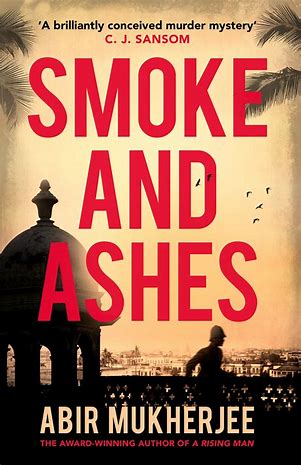
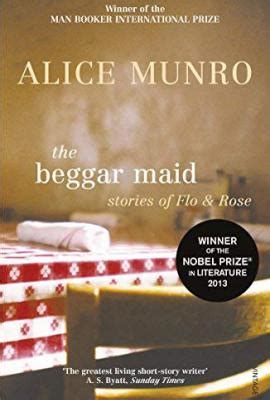
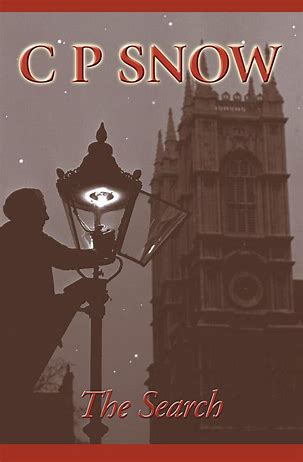
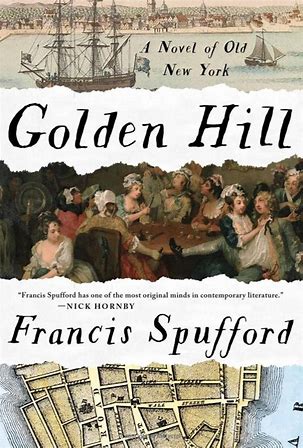
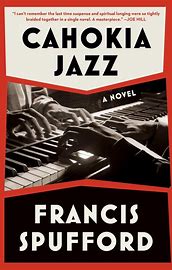
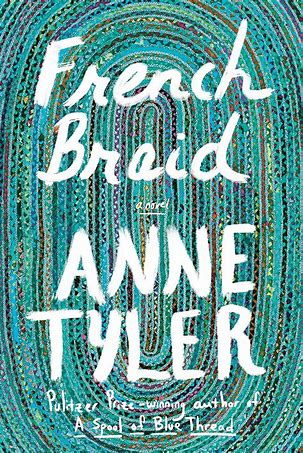
NON-FICTION
Daniel Finkelstein – Hitler, Stalin, Mum and Dad: A Family Memoir of Miraculous Survival
The title emphasises survival but throughout this family history we are aware both of how many didn’t survive, and of how easily ‘Mum and Dad’ could have been amongst the lost. That sense of loss is pervasive – ‘so many families, so many happy homes, so many childhoods’ – as is the awareness that, as Finkelstein puts it, “What happened to my parents isn’t about to happen to me. It isn’t about to happen to my children. But could it? It could. Absolutely, it could.”
Zora Neale Hurston – Barracoon: The Story of the Last Slave
I came across the story of Cudjoe Lewis (or rather, Oluale Kossola), believed to be the last survivor of a slave ship, in the documentary Descendants, which included a short film clip of Zora Neale Hurston with Lewis. This is her biography of the man, based on extensive interviews with him, and it’s extraordinary. The book wasn’t published until 2018 – Hurston failed to find a publisher in her lifetime because she kept Lewis’s account in his own words and in the vernacular that he used, and because she acknowledged African involvement in the slave trade.
Sinclair McKay – Berlin: Life and Loss in the City that Shaped the Century
Read in preparation for the trip to Berlin, this is a fascinating account of that city’s twentieth century. Unlike Vienna, Berlin, as McKay says, displays its wounds openly – in a sense it had no choice, given both the extent of the devastation from Allied bombs and the world’s knowledge of the devastation that was wreaked upon Europe, and particularly on its Jews. That makes it a remarkable city to visit, and this book was an excellent introduction to it.
Donald L Miller – Masters of the Air: How the Bomber Boys Broke Down the Nazi War Machine
See my blog about this half-year’s watching for my review of the TV series based on this book (and on interviews and memoirs from the surviving bomber boys). The book itself takes a wider sweep than the drama and gives much more context for the missions which cost so many lives, as well as exploring the ethical arguments about the bombing of civilian areas. Miller is an excellent writer, and gets the balance between technical stuff and human stuff right, so it’s a very engaging read.
Paul Newman – The Extraordinary Life of an Ordinary Man: A Memoir
Ordinary, maybe. But certainly complicated. It’s a very honest account (as far as we can judge) and often sad, but because of the extraordinary life he’s had it illuminates so much about the movies during the decades in which he was a leading light, and about American life, culture, politics more broadly.
Deborah Orr – Motherwell: A Girlhood
I used to read the late Deborah Orr’s columns in the Guardian, and later followed her on Twitter and her voice was always compelling. This memoir is remarkable, and I find it strangely hard to write about, almost as if I’m reviewing a person (who I never met), rather than a book. So I’ll let Andrew O’Hagan’s words stand: ‘forging out of living memory a glowing vision of troubled belonging. In the writing of it, Deborah found a way to rise out of her sorrows and dependencies, her own difficult loves, and create a masterpiece of self-exploration. We can only mourn her loss and the brilliant books she might have written after this.’
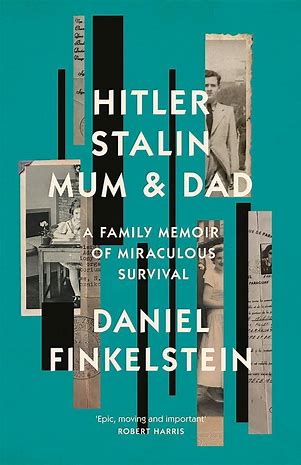
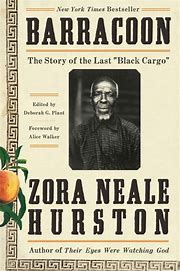
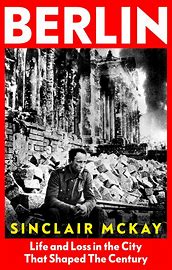
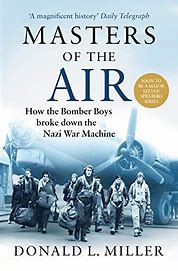
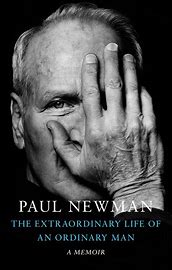
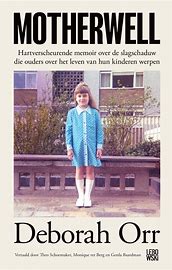
Lucy Pollock – The Book about getting Older (for people who don’t want to talk about it)
I am not averse to talking about getting older – I don’t embrace all aspects of it (who could!), but I accept it, and, as my late husband used to say, it is better than the alternative. Unless it isn’t. My thoughts on my own ageing are heavily influenced by having lost my mother-in-law and being in the process of losing my father to dementia, and whatever else happens to me in the remainder of my life, that is the most terrifying thing to contemplate. There’s a lot of practical stuff here, about how to prepare yourself and your family, most of which I’ve already been cracking on with (PoA, will, lists of account numbers and passwords, funeral plan), others that I’m still thinking on (e.g. advance decisions). What was particularly interesting to me was the distinction Pollock makes between what is common as one gets older, and what is normal. In other words, what is genuinely pretty much inevitable, and what might be avoidable, or should be properly investigated rather than just being accepted. It’s not a cheery read but it is practical and hopeful, which is how I intend to approach my advancing years.
Francis Spufford – The Child that Books Built: A Memoir of Childhood and Reading
I am very much a child built by books. I read voraciously from the moment those marks on the page turned themselves into words for me and have never stopped. That childhood reading shaped my adult reading, and the more I read, the more I wanted that experience of turning a page and entering someone else’s world. So I was very intrigued to read Spufford (as I mention above, a fairly recent discovery and one of the most exciting contemporary writers) talking about the books that built him. He is a fair bit younger than me, but of course we read a lot of the same things – Tolkien, C S Lewis, E. Nesbit, etc. Le Guin, who was clearly hugely important to him, became part of my life only when I was a teenager, but it’s fascinating to read his account of discovering Earthsea as a child. And the way he writes about his life in books, as I’d expect from the way he writes his novels, is beautiful and touching and funny and deep.
Isabel Wilkerson – Caste: The Origin of our Discontents
A rigorous and persuasive exploration of American racism as a form of caste system. Wilkerson draws comparisons with the Indian caste system and with Nazi Germany. Kwame Anthony Appiah described the book as beautiful and painful to read, and indeed the account of how notions of purity and pollution, for example, played out in the American South – and more widely – are horrifying, and much of this detail was new to me. It seems to me that this analysis is hugely important in understanding not only the history but the future – recognising that this is about caste allows us a clearer view of how a society can change for the better. It certainly got into my head, and I found myself referencing it after one recent episode of Doctor Who (Dot and Bubble)…
Stefan Zweig – The World of Yesterday: Memoirs of a European
It’s hard reading this and knowing that the day after posting this manuscript to the publisher, Zweig and his wife committed suicide. The book isn’t a suicide note – it doesn’t really explain that decision. They were safe, albeit in exile and (this was in 1942) with no guarantee that their safety would continue or their exile end. Clearly that sense of exile, of having left a life behind that, whatever the outcome of the war, could not simply be picked up again, was beyond bearing. But for most of the book, Zweig appears to lead a fairly charmed existence, attracting success, brilliant and talented friends, and a life of culture and comfort. He seems to have accepted the good things that came his way without any great surprise or doubt that this was his due, which isn’t an entirely appealing quality. And the way in which all of those brilliant and talented people immediately became his dearest friends was a bit queasy. So I wasn’t won over to Zweig (though Michael Hofmann’s vitriolic demolition job in the LRB seems weirdly excessive and personal). In some ways I felt about Zweig as I felt about Vienna, where he spent his early years. Somehow Vienna gives the impression of being quite pleased with itself, and to have distanced itself more than other European capitals from the ‘unpleasantness’ of events. One friend, whose father got out of Vienna just in time, described the city as soulless and another, who grew up and lived there till recently, described how claustrophobic she found the city. My two days there hardly qualify me to judge but my son and I had both asked ourselves why we loved Prague and Berlin and didn’t fall for Vienna’s undoubted charms.
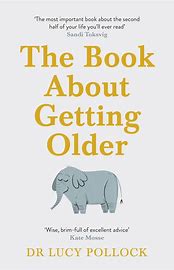
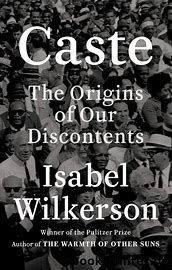
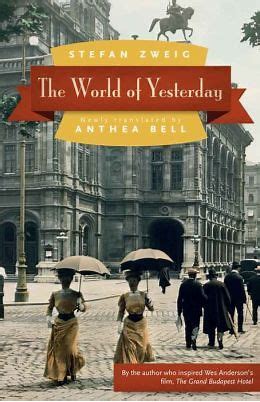
Postscript
It seems appropriate to honour here the late Alice Munro (see The Beggar Maid, above, and I have read others of hers), C J Sansom (see previous years’ book blogs for his Shardlake series, and I’ve also read his alt history, Dominion, and his Spanish Civil War novel, Winter in Madrid), and Christopher Priest (see future book blogs as I revisit some of his brilliant sci-fi novels, and catch up on any I missed. A Dream of Wessex is the one I always think of first, because it had such an impact on me). Thank you all.
And thank you to all the writers listed above, for everything that they brought me over the last six months. You’ve taken me to four continents, to several centuries, as well as to places that never existed, and history that never happened. You’ve entertained me, informed me, made me think, deepened my understanding of this world and its history and of the people who inhabit and have inhabited it. The child that was built by books is still being built by books, even in her seventh decade.



#1 by Terry on June 28, 2024 - 1:43 am
As always, you have left me with several new titles to read – first up will probably be Simon Mawer and Louise Doughty. I loved the fact that your went on a European trip with your son. I just went to Japan for ten days with my daughter. What an experience! She’s 40 and somewhat newly single again. We never stopped talking or walking. My very best to you.
LikeLike